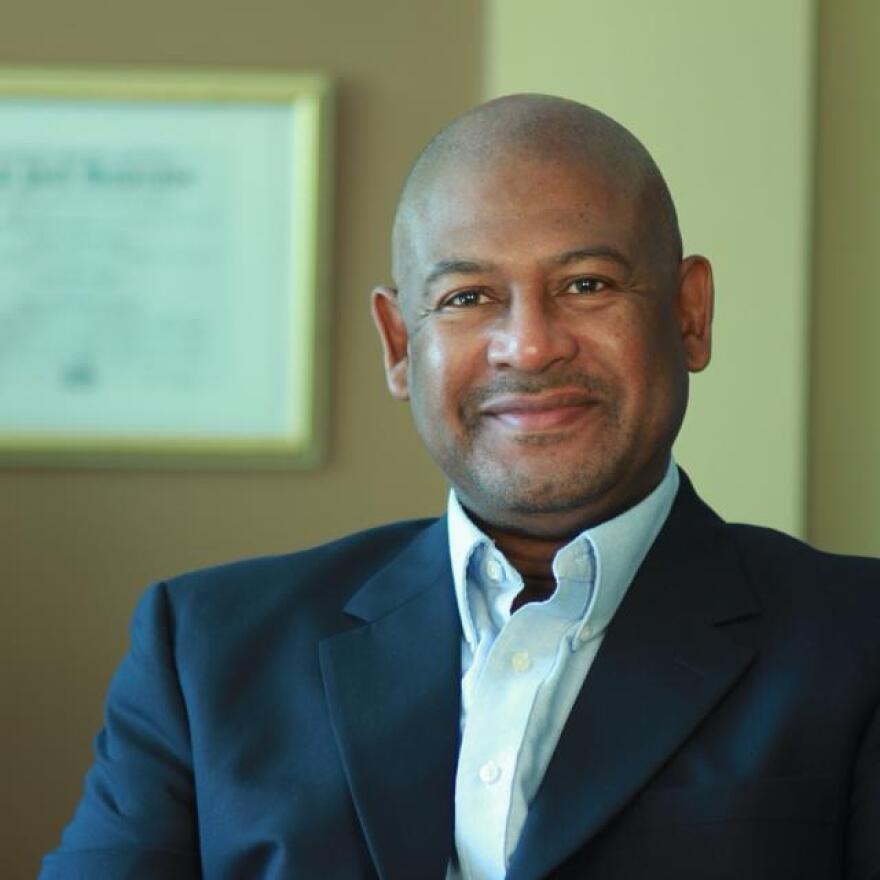
Many are questioning why Sharpe's background was never checked or disclosed.
As the FBI continues its investigation of a disgraced Hartford-based charter school company, some education advocates think it's time to take a closer look at charter school accountability in the state.
Charter schools receive public funding, but operate independently. Often, these schools are managed by a private, not-for-profit company.
The private/public partnership is being scrutinized in the wake of the ongoing scandal involving Family Urban Schools of Excellence, or FUSE. Last month, FUSE founder Michael Sharpe disclosed that he had a criminal record, and had served time in prison. He also falsely claimed to have a doctorate in education.
FUSE has since lost its management contracts in Hartford, Bridgeport, New Haven, and Baton Rouge, Louisiana, and the FBI is investigating the millions of dollars of public funding given to the charter school group.

Many are questioning why Sharpe's background was never checked or disclosed, and why Connecticut charter schools aren't required to operate with the same level of oversight and disclosure as traditional public schools.
Robert Cotto, Jr., a member of the Hartford Board of Education, said on WNPR's Where We Live that it goes back to private management companies. "We're running into this issue of these private, non-profit corporations saying, hey, wait a minute: we're private. You can't take our records, because we are a private company. We are a 501 c-3; that's private," he said.

Several states have laws that require the private companies that run charter schools to comply with the same disclosure laws as traditional public schools.
Connecticut's charter school laws are outdated, according to Jennifer Alexander, CEO of education advocacy organization ConnCAN. "Our charter laws are about 20 years old," she said on Where We Live. "It has not kept pace with best practices. Nationally, the National Alliance for Charter Public Schools has rated Connecticut 33 out of 43 states."
Alexander suggested that updated laws should include mandatory training for charter boards, and better laws regarding financial management and conflict of interest issues.





